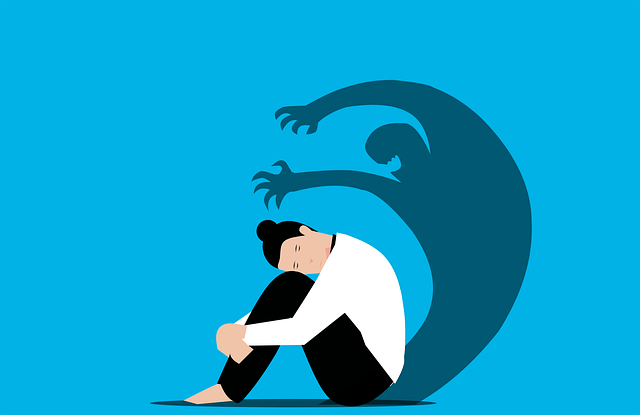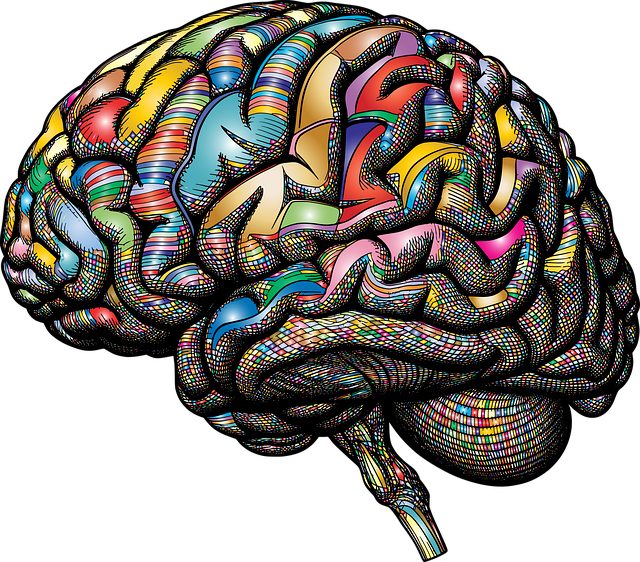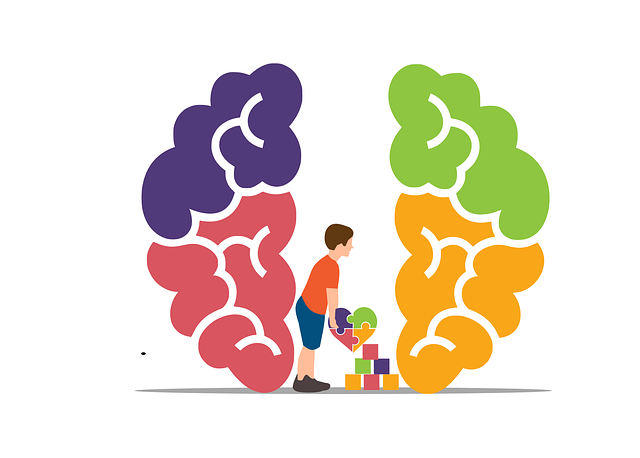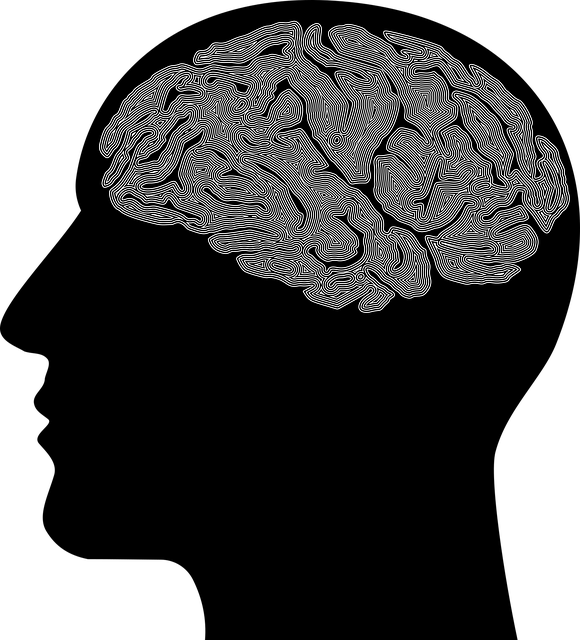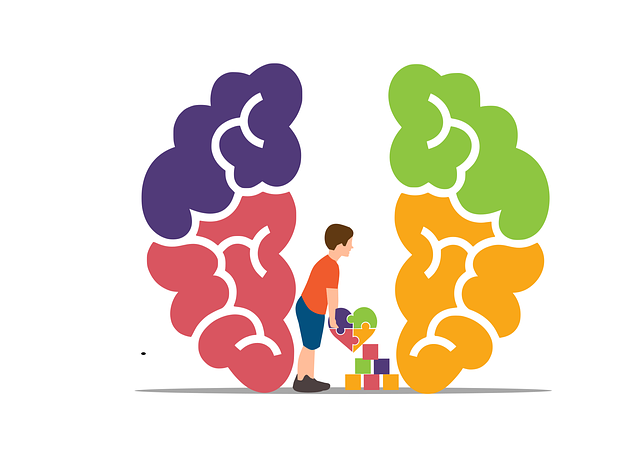Golden Blended Families Therapy offers specialized support for anxiety management within diverse families. Combining Cognitive Behavioral Therapy (CBT), Mindfulness practices, and physical activity, this holistic approach addresses triggers, changes thought patterns, strengthens bonds, and builds resilience. By empowering individuals with tailored coping strategies, Golden Blended Families Therapy creates a supportive environment that enhances mental wellness and enables families to thrive despite life's uncertainties.
Anxiety is a prevalent condition affecting individuals across all walks of life, including those in golden blended families. Understanding anxiety’s symptoms and triggers is the first step towards effective management. This article explores various techniques proven beneficial for stress reduction, such as Cognitive Behavioral Therapy (CBT) tailored for golden blended families, mindfulness practices, physical activity, and building resilient coping strategies with professional guidance. By integrating these methods, individuals can navigate and overcome anxiety-inducing situations.
- Understanding Anxiety: Symptoms and Triggers
- The Role of Cognitive Behavioral Therapy (CBT) in Golden Blended Families
- Mindfulness Practices for Stress Reduction
- Physical Activity and its Impact on Mental Health
- Building Resilient Coping Strategies with Professional Guidance
Understanding Anxiety: Symptoms and Triggers

Anxiety is a common yet complex emotion that can manifest as a mental health disorder, significantly impacting daily life. Recognizing its symptoms and understanding triggers are vital steps in managing anxiety effectively. Physical and psychological signs such as increased heart rate, rapid breathing, restlessness, insomnia, or excessive worry can indicate an anxious episode. These symptoms often stem from various triggers, including stressful life events, traumatic experiences, certain environments, or even genetic predisposition. For instance, for blended families, adjusting to new dynamics and blending cultures can be a significant trigger for anxiety in both children and adults, highlighting the need for tailored support strategies.
Golden Blended Families Therapy offers valuable insights into navigating these challenges by applying Mind Over Matter principles to foster mental wellness. By identifying personal triggers and learning coping mechanisms, individuals and families can proactively manage anxiety and prevent burnout. This proactive approach is essential in creating a harmonious environment, ensuring everyone involved thrives in the face of life’s uncertainties.
The Role of Cognitive Behavioral Therapy (CBT) in Golden Blended Families

Cognitive Behavioral Therapy (CBT) plays a pivotal role in helping Golden Blended Families navigate and manage anxiety-related issues effectively. This evidence-based approach targets the interconnectedness of thoughts, feelings, and behaviors, offering valuable tools to disrupt unhelpful thought patterns that often underlie anxiety disorders. CBT empowers family members with self-awareness exercises tailored to identify and challenge negative or distorted beliefs, replacing them with more realistic and positive ones.
In a Golden Blended Family context, where diverse backgrounds and experiences converge, CBT facilitates open communication and understanding. Through collaborative therapy sessions designed by mental health education programs, family members learn risk management planning strategies to anticipate and cope with anxiety triggers. This proactive approach not only strengthens familial bonds but also fosters an environment of resilience, enabling each member to manage their anxiety more effectively within the supportive system they share.
Mindfulness Practices for Stress Reduction

Mindfulness practices have emerged as a powerful tool for managing anxiety and stress. By focusing on the present moment and cultivating non-judgmental awareness, individuals can learn to observe their thoughts and emotions without reacting impulsively. Golden Blended Families Therapy often incorporates mindfulness techniques to help families build empathy and strengthen emotional intelligence, creating a more harmonious environment. This involves simple practices like mindful breathing exercises, where taking a few deep breaths can quickly center an individual or family, reducing anxiety’s physical manifestations.
Additionally, mindfulness meditation encourages acceptance of one’s feelings, fostering better crisis intervention guidance when faced with challenging situations. By practicing these strategies regularly, families can develop emotional resilience, enabling them to navigate anxious moments more effectively. Empathy building strategies play a crucial role in this process, as understanding and validating each other’s experiences within the family unit further enhances emotional intelligence and overall well-being.
Physical Activity and its Impact on Mental Health

Incorporating physical activity into your routine is a powerful tool for managing anxiety and enhancing mental well-being, especially within the context of Golden Blended Families Therapy. Regular exercise releases endorphins, often referred to as ‘feel-good’ hormones, which can significantly reduce stress levels and promote a sense of calm. Activities like walking, jogging, swimming, or even dancing can serve as effective anxiety management strategies, providing a healthy outlet for tension and fostering emotional resilience.
Beyond its direct impact on mental health, physical activity plays a crucial role in overall well-being, especially for healthcare providers at risk of burnout. Engaging in regular exercise can improve sleep quality, boost energy levels, and enhance cognitive function, all of which are essential components in maintaining a positive mindset. This is particularly relevant in the development of public awareness campaigns aimed at promoting mental health and encouraging sustainable practices for mood management.
Building Resilient Coping Strategies with Professional Guidance

Anxiety management techniques can be significantly enhanced with professional guidance, offering individuals and families powerful tools to navigate life’s challenges. Golden Blended Families Therapy, for instance, focuses on building resilient coping strategies tailored to each person’s unique needs. By combining evidence-based practices like Mindfulness Meditation and Positive Thinking, therapists help clients develop effective skills to manage stress and overcome anxiety.
This holistic approach ensures that individuals not only cope with current concerns but also gain lasting resilience. Through professional support, families can learn to communicate more effectively, fostering a supportive environment that bolsters mental health. By integrating these strategies into daily life, individuals equip themselves to face stressors head-on, promoting overall well-being and enhancing their ability to thrive in all aspects of life.
Anxiety management is a multifaceted journey, and the techniques discussed in this article offer valuable tools for those navigating stress and worry. From recognizing symptoms and triggers to exploring evidence-based therapies like Cognitive Behavioral Therapy specifically tailored for Golden Blended Families, and adopting mindfulness practices and physical activity, individuals can empower themselves to lead happier, more balanced lives. Building resilient coping strategies with professional guidance is a key step towards long-term mental well-being, enabling folks to face challenges head-on and foster a sense of calm amidst life’s complexities.




